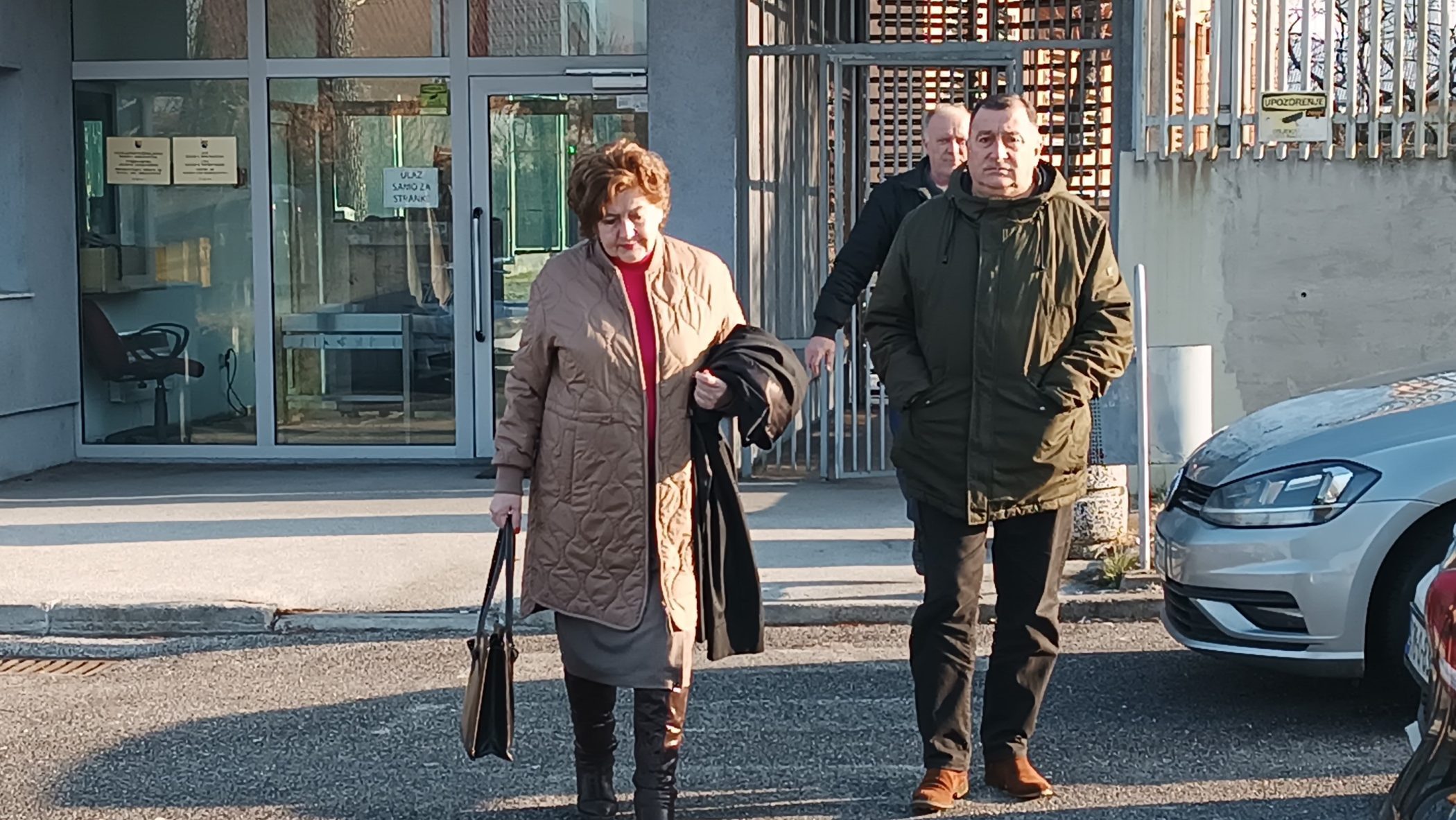This post is also available in: Bosnian
Radinovic explained that “the war conducted on the territory of Croatia” affected the security situation in Bosnia and Herzegovina, adding that “the Muslims started preparing for the conflict” already in the summer of 1991.
“There is a significant difference between the way the Muslims and Serbs prepared for war. The difference is reflected in their relation towards the former state. The Serbs firmly believed that the joint state should continue existing. They invested all their efforts in achieving that. The other parties had a different opinion and they worked on ‘recomposing’ the state, which, unfortunately, happened in the end,” Radinovic said.
Radinovic told the Court that “the evidence demonstrates” that the conflict in Vlasenica began on April 21, 1992, adding that it was followed by “a huge number of Serb refugees coming to Vlasenica”. The expert witness said that “about 3,000 refugees” arrived in the town at the time. These people, he said, “blamed” the local Bosniaks “for their deportation thus creating a huge factor of instability”.
“When this happened, the local authorities in Vlasenica had two possible ways of protecting Muslims. One of them was to ensure their safety in their homes, but there was no capacity for doing it. Another option was to gather the population in a collection center, where their safety could be guaranteed. As far as I can see, the authorities chose the only possible way when they formed the Susica collection center,” Radinovic said.
The indictment alleges that Bastah and Viskovic participated in a joint plan for the unlawful detention, murder, torture, forcible disappearances and resettlement of the population, thus “contributing to and strengthening” the functioning of the abuse and persecution system in Susica detention camp and other prisons in Vlasenica Municipality.
“By its military and social characteristics, I consider the war conducted in Bosnia and Herzegovina was the war of the peoples. Therefore, we are talking about armed peoples. This resulted in complete symbiosis of the people and the army. In case an army of one of the peoples started losing some territory, the people would start withdrawing from that territory together with the army. This was the choice made by those people. They did it for existential reasons. Therefore, not every resettlement of people is forcible,” Radinovic said.
He explained that the documents describing Susica as a detention camp, including some Prosecution evidence, do not imply “the criminal and legal meaning of that term, but rather its correlation with the military theory, which describes any location in which the army stays as a camp”.
He said that members of military police forces had the right, as per orders issued by their superiors, to participate in escorting prisoners-of-war, but he could not say anything about the criminal and legal aspect of those actions.
The cross-examination of Radinovic will be conducted on November 16 this year.
The next hearing, at which an additional witness will testify for the Defence of indictee Bastah, is due to take place on November 9.




